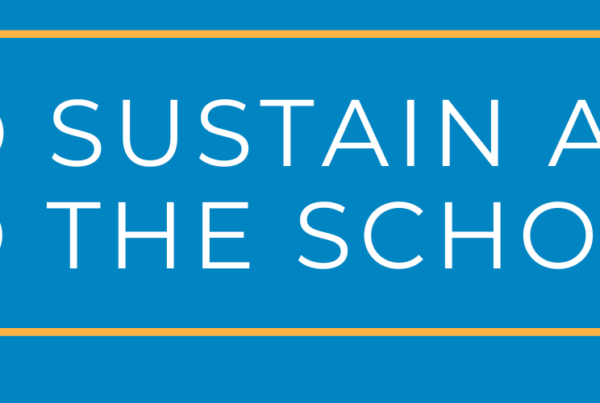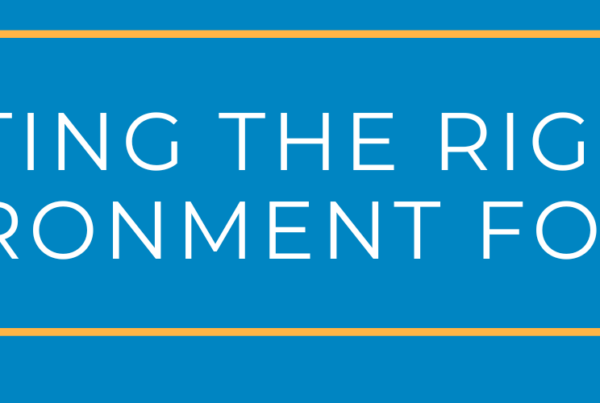 By Scott Lutostanski – Director of Academic Consulting
By Scott Lutostanski – Director of Academic Consulting
When a parent, teacher, or student hears the words executive functioning, they most often think “organization.” While this isn’t totally incorrect, it is only about 5% of the puzzle that is executive functioning skills. There are many more functions for students to develop and practice. Another assumption is that EF skills only impact a student in school. Poor EF skills will result in late or missed assignments, stressed out nights, fighting to write papers, and the list could go on and on. However, often overlooked in the executive functioning world are the social implications of poor executive functioning. Let’s take a look a few functions and how they can impact a student socially and emotionally.
Flexible Thinking: This is the ability to adapt, change, and be flexible in our thinking. Academically, flexible thinking helps us throttle up and down, adjust our focus, shift and transition between activities, and pace our work. Socially, a struggle to think flexibly can create a perception of self-absorption. It can impact how a student can keep a conversational pace (they may only have one speed and one way of doing this), listening skills, waiting their turn to speak, or can cause a limited scope of interest that makes it difficult to connect with what others and what is important to them. For the typical teen, struggles flexible thinking can lead to ostracization by peers if they are unable to develop better skills in this area.
Planning: This is the ability to manage time, space, and tasks. Planning has to do with students outlining the steps needed to complete a task. In school, this impacts a student’s ability to complete long term assignments, papers, work in a group, and have the capability to handle the daily amount of work necessary to be successful in school. A teen who struggles with planning is typically the person who has to cancel plans because they didn’t take care of their schoolwork, who buys crummy gifts at the last second, and who doesn’t hold up their end of the group project. Socially, these behaviors are interpreted as “not caring” or “being rude,” when in reality the student genuinely struggles carrying out those responsibilities due to lack of planning ability.
Self-Regulation: This is the ability to self-control our body and emotions. We are able to cope, express, and regulate the emotional volume we experience. In school or at home, students can become dysfunctional, have outbursts and tantrums, lose the ability to make rational decisions, or struggle to bounce back from a conflict. With friends, this student will have a difficult time managing their social world as emotions become present. This can make it very difficult to be around the student and impact the peer group. The more self-awareness and emotional regulation a teen develops, the more emotionally prepared they will be to handle social and professional situations that they will face in the future.
Executive functions have far and wide reaching implications in a student’s life. It is important to not get lost in the “school, school, school” perception of EF. For some, EF skills may impact their lives socially more than in school. These functions are just a small sample of how EF skill development can improve (or deter) a student’s daily social functioning.





